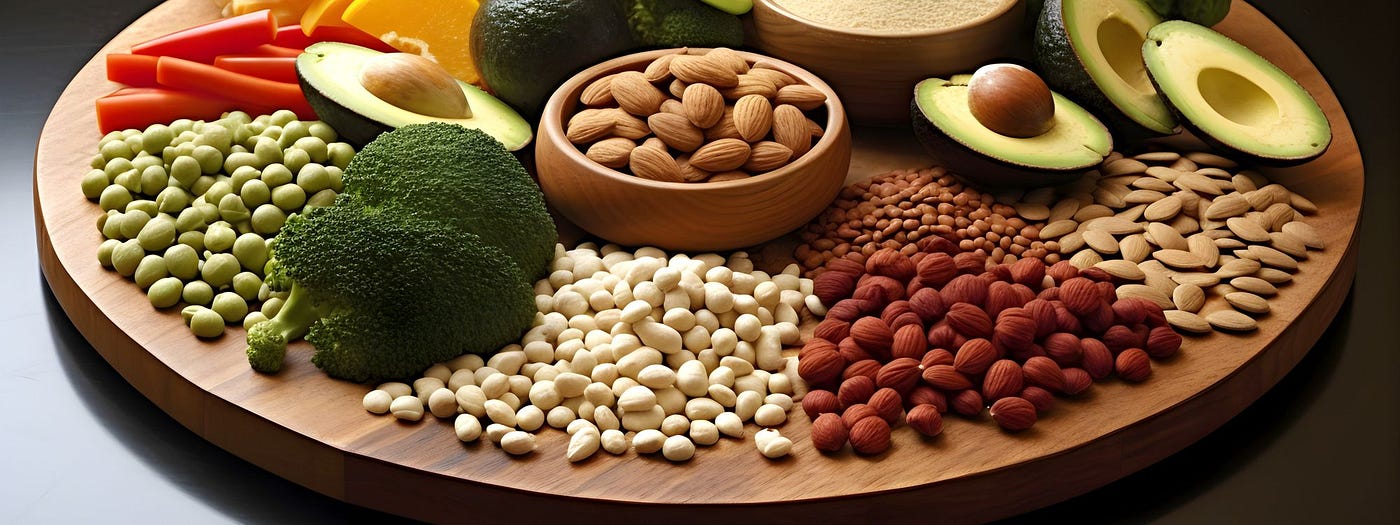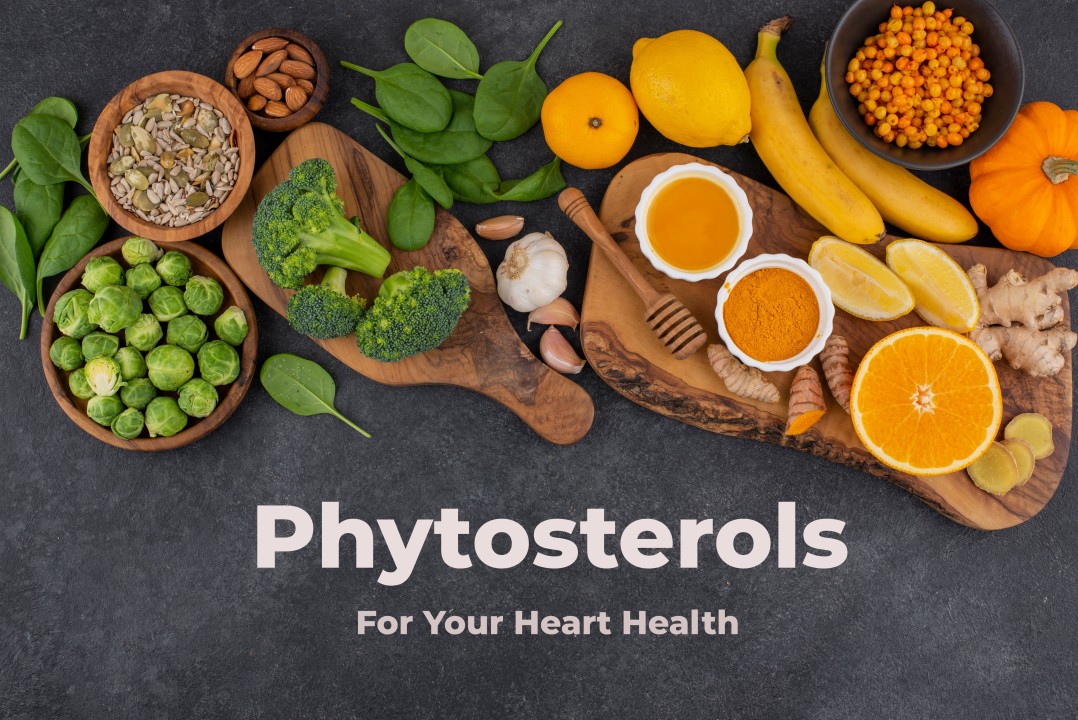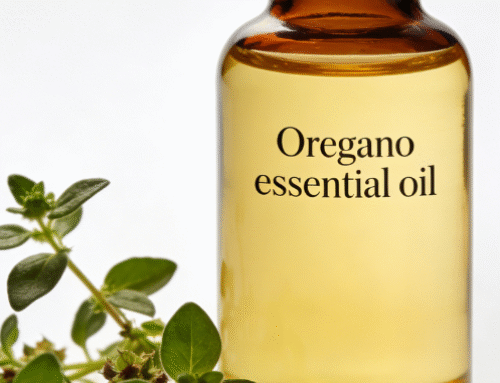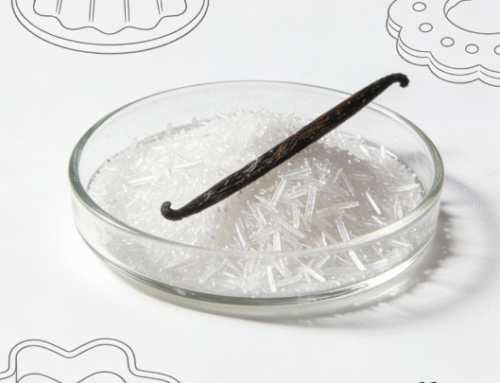Introduction to Phytosterols
Phytosterols are natural compounds found in plant-based foods that play a significant role in promoting heart health. By mimicking cholesterol in the body, phytosterols can help lower levels of LDL cholesterol (often referred to as “bad” cholesterol). This article will delve into the benefits of phytosterols, their sources, potential side effects, and guidelines for incorporating them into your diet.
What Are Phytosterols?
Phytosterols, also known as plant sterols and stanols, are compounds that can be found in various fruits, vegetables, nuts, and whole grains. Their structure is similar to that of cholesterol, allowing them to compete with cholesterol for absorption in the intestines. When consumed, they help lower blood cholesterol levels, which can reduce the risk of cardiovascular diseases.
Types of Phytosterols
There are over 250 different phytosterols, but the most common ones include:
- Beta-sitosterol
- Campesterol
- Stigmasterol
Each of these has unique properties, but all share the ability to help lower cholesterol levels.
Benefits of Phytosterols
1. Lowering Cholesterol Levels
One of the primary benefits of phytosterols is their ability to lower cholesterol levels. Studies suggest that a daily intake of 2 grams of phytosterols can lead to an 8% to 10% reduction in LDL cholesterol. This makes phytosterols a valuable addition to any heart-healthy diet.
2. Promoting Heart Health
In addition to lowering cholesterol, phytosterols also contribute to overall heart health. They may help reduce the risk of heart attack and stroke, making them an essential nutrient for those with a family history of heart disease.
3. Supporting Weight Management
Emerging research suggests that phytosterols may assist in weight management. By promoting a healthier cholesterol profile, they may help prevent obesity-related issues such as diabetes and metabolic syndrome.
Food Sources Rich in Phytosterols
To reap the benefits of phytosterols, it’s crucial to include them in your diet. Here are some best foods high in phytosterols:
- Nuts:Almonds, walnuts, and pistachios are excellent sources.
- Seeds:Pumpkin and sunflower seeds are particularly rich in phytosterols.
- Vegetable Oils:Canola, corn, and soybean oils contain high levels.
- Whole Grains:Oats, barley, and wheat germ are good options.
- Fortified Foods:Many margarines and dairy products are fortified with plant sterols.
Incorporating these foods into your daily meals can significantly enhance your phytosterol intake.
Phytosterols in Supplements
For those who find it challenging to get enough phytosterols from food, supplements are available. Phytosterol supplements can offer an easy way to increase your intake, especially if you have high cholesterol or other heart health concerns. However, it’s essential to consult with a healthcare provider before starting any new supplement regimen.

Potential Side Effects of Phytosterols
While phytosterols are generally safe for most people, some may experience side effects, particularly if consumed in excessive amounts. Possible side effects include gastrointestinal issues, such as bloating and diarrhea. Those with the genetic condition sitosterolemia should avoid phytosterols due to the risk of cholesterol build-up in the body.
How to Incorporate Phytosterols into Your Diet
Step 1: Assess Your Current Diet
Begin by evaluating your current food intake. Identify areas where you can incorporate more phytosterols food sources.
Step 2: Choose Fortified Products
Look for products fortified with phytosterols. Many brands offer margarine, yogurt, and juices enriched with these compounds.
Step 3: Plan Balanced Meals
When planning meals, aim to include a variety of phytosterol-rich foods. For example, a salad topped with sunflower seeds, a whole grain side, and a handful of nuts can significantly boost your intake.
Conclusion
Phytosterols offer a range of health benefits, particularly for those looking to manage cholesterol levels and promote heart health. By incorporating foods rich in phytosterols into your diet or considering supplements, you can take proactive steps toward better health.
Are you interested in exploring phytosterol products for your business? Contact us today for more information and let us help you meet your health goals!





Leave A Comment